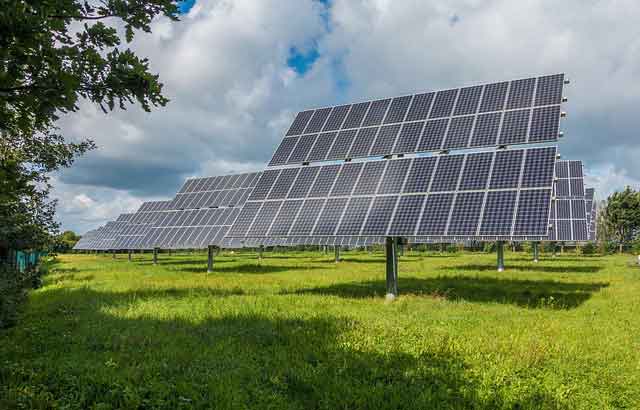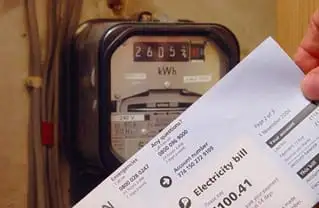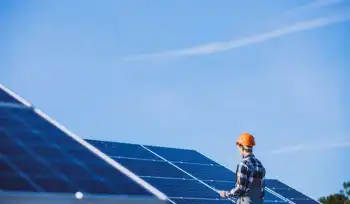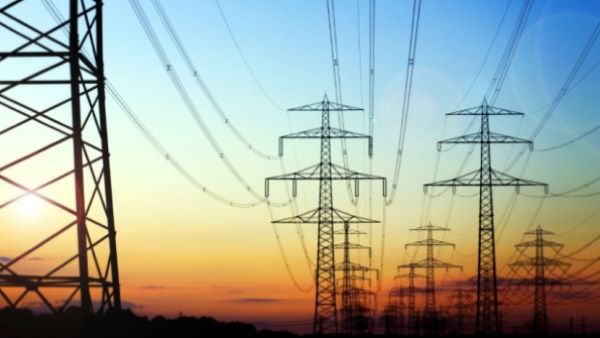Pacific Northwest's Renewable Energy Goals Hindered

NFPA 70b Training - Electrical Maintenance
Our customized live online or in‑person group training can be delivered to your staff at your location.

- Live Online
- 12 hours Instructor-led
- Group Training Available
Pacific Northwest Transmission Bottleneck slows clean energy progress as BPA's aging grid constrains renewable interconnections, delaying wind, solar, and data center growth; decarbonization targets depend on transmission upgrades, new substations, and policy reform.
Key Points
An interconnection and capacity shortfall on BPA's aging grid that delays renewables and impedes clean energy goals.
✅ BPA approvals lag: 1 of 469 projects since 2015.
✅ Yakama solar waits for substation upgrades until 2027.
✅ Data centers and decarbonization targets face grid constraints.
Oregon and Washington have set ambitious targets to decarbonize their power sectors, aiming for 100% clean electricity in the coming decades. However, a significant obstacle stands in the way: the region's aging and overburdened transmission grid, underscoring why 100% renewables remain elusive even as momentum builds.
The Grid Bottleneck
The BPA operates a transmission system that is nearly a century old in some areas, and its capacity has not expanded sufficiently to accommodate the influx of renewable energy projects, reflecting stalled grid spending in many parts of the U.S., according to recent analyses. Since 2015, 469 large renewable projects have applied to connect to the BPA's grid; however, only one has been approved—a stark contrast to other regions in the country. This bottleneck has left numerous wind and solar projects in limbo, unable to deliver power to the grid.
One notable example is the Yakama Nation's solar project. Despite receiving a $32 million federal grant under the bipartisan infrastructure law as part of a broader grid overhaul for renewables, the tribe faces significant delays. The BPA estimates that it will take until 2027 to complete the necessary upgrades to the transmission system, including a new substation, before the solar array can be connected. This timeline poses a risk of losing federal funding if the project isn't operational by 2031.
Economic and Environmental Implications
The slow pace of grid expansion has broader implications for the region's economy and environmental goals. Data centers and other energy-intensive industries are increasingly drawn to the Pacific Northwest due to its clean energy potential, while interregional projects like the Wyoming-to-California wind link illustrate how transmission access can unlock supply. However, without adequate infrastructure, these industries may seek alternatives elsewhere. Additionally, the inability to integrate renewable energy efficiently hampers efforts to reduce greenhouse gas emissions and combat climate change.
Policy Challenges and Legislative Efforts
Efforts to address the grid limitations through state-level initiatives have faced challenges, even as a federal rule to boost transmission advances nationally. In 2025, both Oregon and Washington considered legislation to establish state bonding authorities aimed at financing transmission upgrades. However, these bills failed to pass, leaving the BPA as the primary entity responsible for grid expansion. The BPA's unique structure—operating as a self-funded federal agency without direct state oversight—has made it difficult for regional leaders to influence its decision-making processes.
Looking Ahead
The Pacific Northwest's renewable energy aspirations hinge on modernizing its transmission infrastructure, aligning with decarbonization strategies that emphasize grid buildout. While the BPA has proposed several projects to enhance grid capacity, the timeline for completion remains uncertain. Without significant investment and policy reforms, the region risks falling behind in the transition to a clean energy future. Stakeholders across Oregon and Washington must collaborate to advocate for necessary changes and ensure that the grid can support the growing demand for renewable energy.
The Pacific Northwest's commitment to clean energy is commendable, but achieving these goals requires overcoming substantial infrastructure challenges, and neighboring jurisdictions such as British Columbia have pursued B.C. regulatory streamlining to accelerate projects. Addressing the limitations of the BPA's transmission system is critical to unlocking the full potential of renewable energy in the region. Only through concerted efforts at the federal, state, and local levels can Oregon and Washington hope to realize their green energy ambitions.











